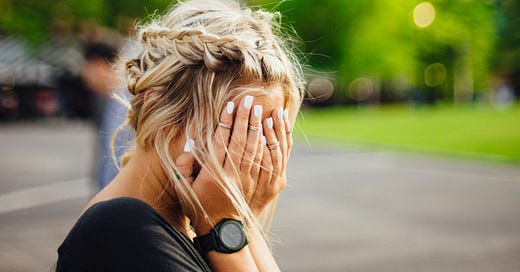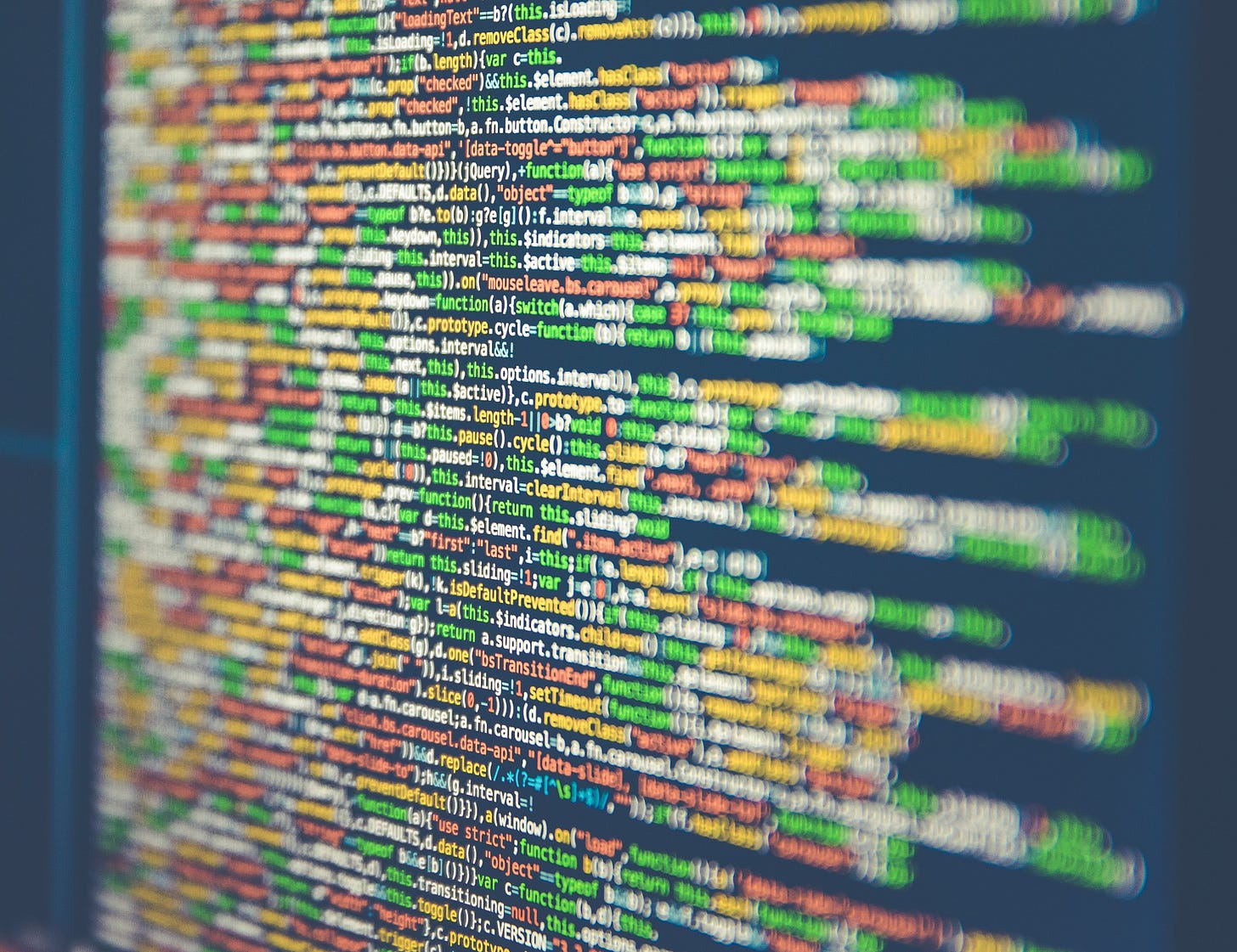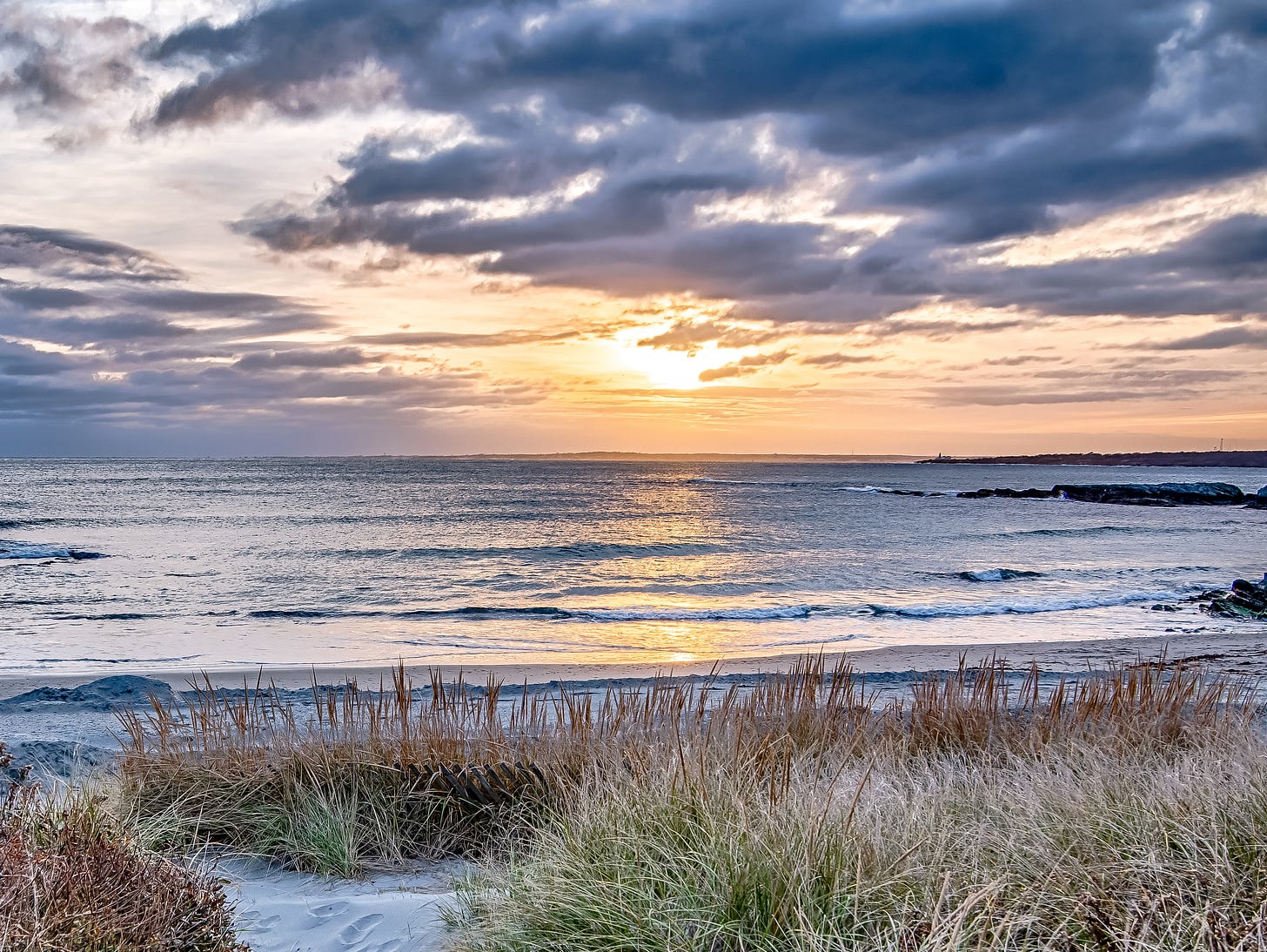I’m sure you’ve noticed: today’s human world is a difficult place to be. Pandemics, war, famine, climate disaster. Tribalism, toxic media, escalating costs, yawning wealth divides. Anxiety, depression, PTSD. Rising blood pressure, increasing substance abuse, widening waistlines. Tattered families, severed relationships, communities at odds. People are transitioning, traveling, moving, set afloat. None of us is immune to these travails—I know I’m not.
My lens as a scientist often has me wanting to get to the bottom of it. And…science has a lot to say about the mess we’ve created for ourselves. It turns out that a great part of this unraveling relates to a profound disconnect between the way we are living and the way our minds, bodies, and souls have evolved to live. This, people, is evolutionary mismatch, a core concept underlying the field of evolutionary psychology (itself premised on the notion that human behavior is part of the natural world). And it’s wreaking havoc on us. The idea suggests that organisms adapted to their environment via a slow process of biological evolution, when faced with rapid and intense changes to that environment, are hindered in their ability to fulfill reproductive needs. This model goes a long way toward explaining so much of the current extinction crisis, as organisms simply cannot adapt fast enough to escalating climate change, habitat destruction, pollution, invasive species, overharvesting, population growth, and other human activities to stave off devastating consequences. It’s everywhere: the “abnormal” behavior in rhesus monkeys taken from their ancestral jungles and forced into isolation in cages; significant declines in Borneo’s orangutan population as humans destroy their habitat; misorientation—and often death—by light pollution for sea turtles and their offspring following their ancient egg-laying rituals on now-developed beaches. Vanishing amphibians, birds, fish, insects, pollinators, invertebrates, mammals, plants, reptiles.
Evolutionary mismatch also explains much of society’s physical distress: Our readily available diet of processed foods high in sugar, salt, and fat is profoundly mismatched from the hard-won lean foods consumed by our hunting and gathering ancestors, resulting in an epidemic of obesity and related disease. Our nomadic ancestors moved to survive. They ran, walked, and lifted side-by-side as they hunted and gathered, and responded to fleeting stressors. We, by contrast, spend our days sitting inside artificial environments, working behind screens, stressing out about a continuous stream of deadlines. They lived outside and in community, adapted to fresh air, natural light, plant life, temperature variation. Today, we live more than 90% of our lives inside and isolated from kin and community. All of this results in a host of documented mental, physical, and emotional consequence that include obesity, infection, allergies, and mental unwellness.
And, then there’s the Digital Age. We all know the deal: unnatural privacy invasions, an overwhelming number of connections, screens to hide behind as we interact, an unprecedented deluge of information. We have never been adapted to this kind of living and our wellbeing is suffering. Studies have shown correlations between overattachment to technology and lowered social skills, self-motivation, emotional intelligence, and empathy and increased conflict with others, ADHD, and depression in younger populations, and between depression, anxiety, depression, phobias, and other symptoms in all ages. Psychiatrist Edward Hallowell goes as far as saying that in our drive to process the overwhelming volume of information flying at us, people are losing “the ability to think and feel. Most of this information is superficial. People are sacrificing the depth and feeling and cut off from other people.”
And, while a scientific understanding of what the fuck we’re doing—to the planet and to ourselves—is nice, the truth of it is, these profound ecological and human losses are inherently alarming and produce striking emotional consequences. Just knowing that this is what we are doing is enough to induce trauma, grief, anxiety, and depression in people. As someone who feels as—or often more—connected to the wilder parts of our world as to civil society, my heart hurts in ways I can’t fully describe nor rectify. In his recent newsletter post, Thoughts from Climate Week,
reflected on the intellectualized drone about tech and market solutions and politics and the muted tonality of the speakers he was witnessing, saying, “Nobody cries on stage. Nobody screams in horror and falls in sorrow”…”You would never know we are in the process of killing every wild organism on the planet…” Daniel, I cry. Hard. These are our kindred spirits we are sentencing to certain death. How can we not feel this? How can we not do something? (Pinchbeck’s objections are perhaps why I rarely attend conferences these days.)And, yet, despite all I know about these issues, I have few answers to lend. The droning doesn’t work. Our systems don’t work. Overintellectualizing doesn’t work. And, numbing out fails us too. So, I don’t. Instead, I’ve chosen to continue feeling it all, and to the extent possible, lead my life in a way that keeps me moving outside, connected to the wilds and to community, fed with clean—mostly plant-based—food, creating, exploring, and as best I can, minimizing my impact on the planet.
The only way I see to begin rematching and to maybe somehow, someway, turn this ship around is to…Get outside! Whenever and wherever possible. As often and for as much time as you can. Yes, the big adventures are powerful beyond measure. But, the daily efforts, no matter how small, make a difference. Walk, run, gather. Garden, eat, sleep. Engage your senses: Watch dewdrops glistening on a leave. Listen to the birds. Smell the flowers. Walk barefoot on the grass. Eat from your or another’s garden, or simply harvest and eat dandelions from a grassy yard. Sleep in a hammock. Take your computer to the nearest outdoor bench, porch, garden, coffeeshop. Convene your meetings in a park. Eat your lunch outside. Stop. Get Quiet. Be Present. Breathe. Reconnect to yourself, the natural world around you, and the people in it. I promise, you’ll feel better.
After you’ve done this for a while (or if you already do this), I’d invite you to step it up a few notches. Challenge yourself by getting deeper into the wilds—and for longer. Allow yourself to get dirty, raw, scared even. Without access to any of your customary escapes—those things you do to disconnect from the raw realities of these times—like drinking a glass of wine to take the edge off, wearing fancy clothes to inure yourself to judgment, or gossiping with a colleague you don’t much like anyway, the veil between “you” and your inner truth, between you and others, between you and the kindred beings with whom we share this planet—will thin. And, all of it will change you. It did (and does) me.
Not only do I wish this for you, but I believe that somehow reconnecting with our hearts is the only way we’ll heal ourselves and our relationship to this planet. It’s the only hope we have to begin mending the mess we’ve made. So, to all those Climate Week attendees: Get raw. Get dirty. Touch the ground. Drink from a seep. Look a hawk in the eye. And then, perhaps, assess the value of your next tech solution.
[It's well-documented that spending time in nature benefits our wellbeing. Among other things, it helps us down-regulate our nervous systems and decreases stress; increases immunity; improves blood pressure; enhances cognitive function, memory, attention, imagination, and creativity; increases positive affect, happiness, and positive social interactions; and improves manageability of life tasks.]
See you out there.
xo Wendy








Great insight...and all too true. Cell phones dooming our society. Get ...the ...f...outside people!